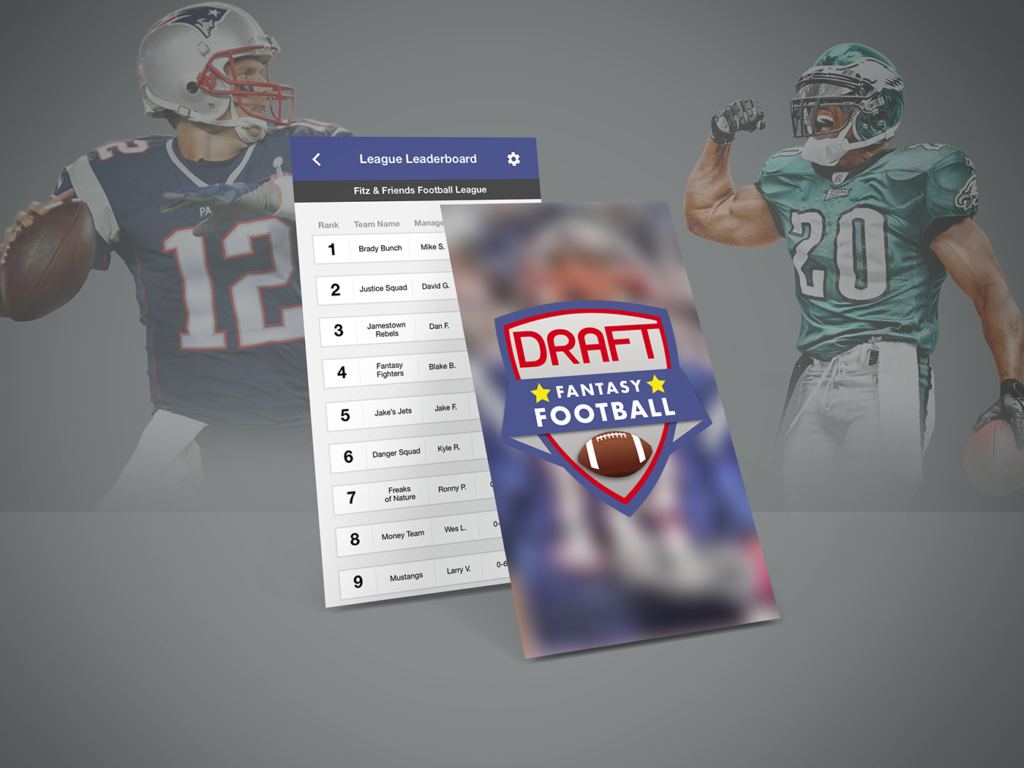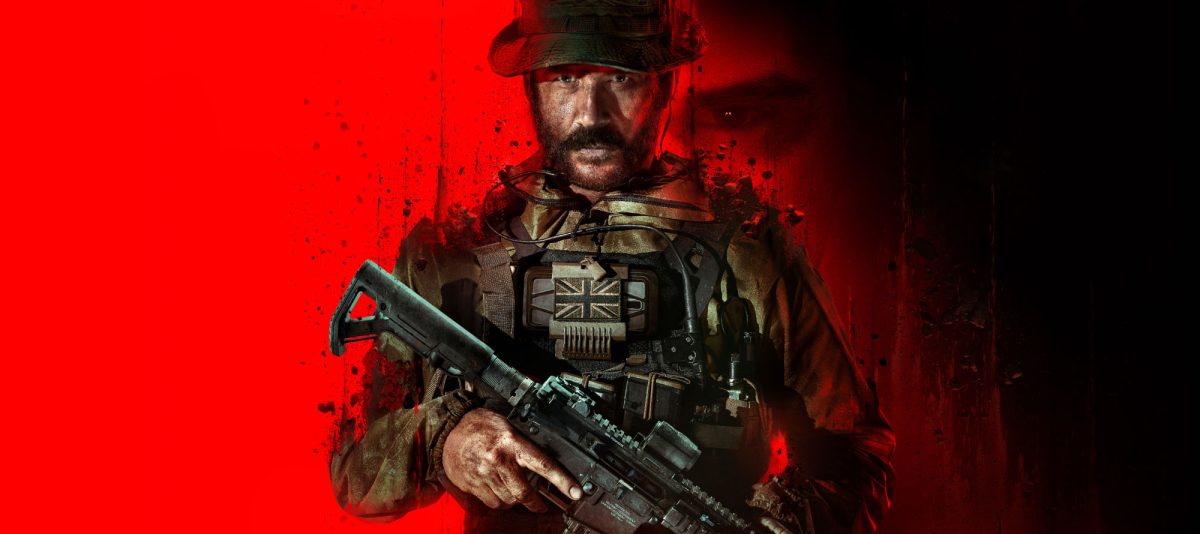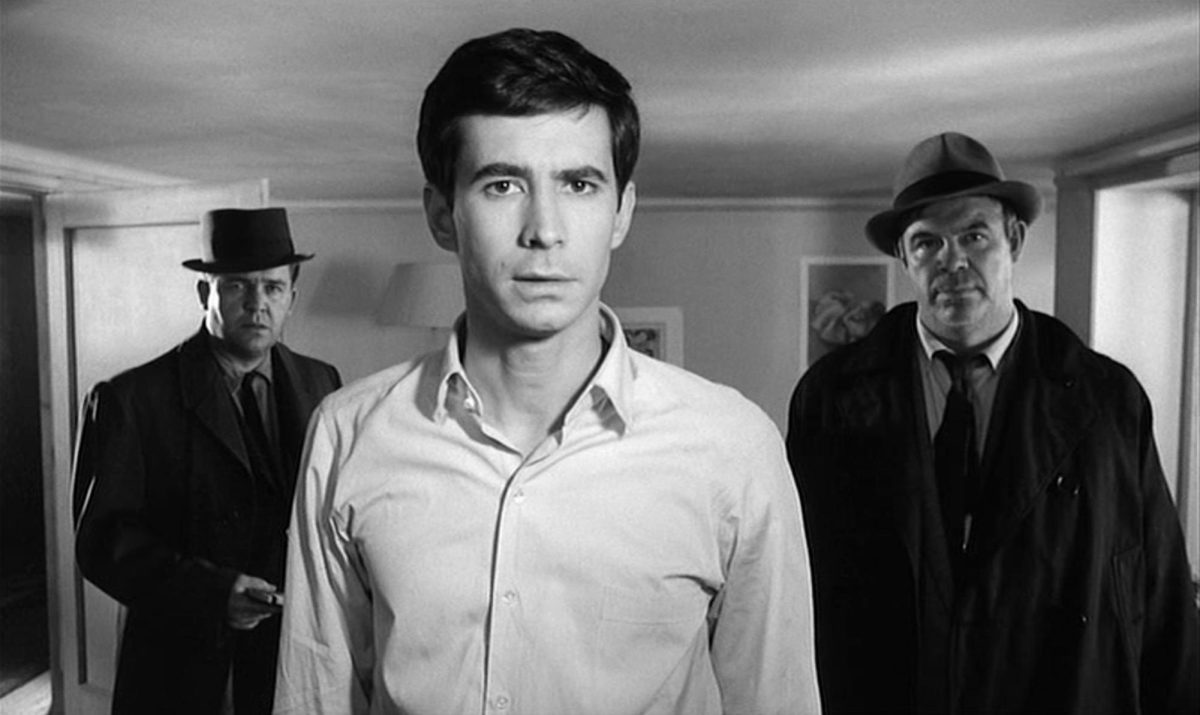Getting a trade done in Fantasy Football can be troublesome for a myriad of reasons. Some people dislike it because they’re afraid to make a league-losing mistake. Some don’t approach it out of apathy for the league. Some are paranoid and believe a trade offer from anyone is an attempt to screw them over. Some managers have grown too attached to their players, thinking of them as “my guys”, and wouldn’t trade them for anything.
No matter the reason, trading is an exciting and beneficial aspect of any fantasy league, and a league where you don’t enter into at least one or two trades should be considered a boring affair. To help encourage trading in the last few days before deadlines. Here are some tips for negotiating a fair and helpful trade with these stubborn managers just in time for a playoff push.
1. Do your research. First, evaluate your own roster and identify your weaknesses and strengths. Do you have Dalvin Cook, James Conner, and Philip Lindsay on your roster? These are all top 20 players at the running back position; meaning you have sufficient depth at running back for the season and shouldn’t look to make anymore RB acquisitions. Look elsewhere for your weaknesses. If you’re trotting out two rank 30+ wide receivers every week, you want to bolster your WR corps. Barter with what you have a lot of depth at (in this case, running back) with someone in your league who needs help at running back and possesses excess wide receiver talent. From there, make the switch. This trade will help both parties.
2. Talk to them before you send a trade to gauge their interest. Sending a trade request out of the blue is hardly ever going to get an acceptance. More likely, it will get left on read or declined. Instead, contact them through text, email, snapchat, or over a meal and talk business. Look at their roster beforehand and ask if they’d be interested in trading away a player you have your eye on. Holding a discussion with them before offering a trade will help them to see the potential value in the deal.
3. Don’t lowball. If you try to send someone a trade that goes along the lines of “Michael Thomas for Carlos Hyde” they’ll lose respect for your trading ability and likely be soured on trades with you in the future. Unless you’re dealing with a complete newbie, these lowball trades are not going to accomplish anything.
4. Make the trade fair. A successful trade is one in which both sides feel they won. To do that, both sides need to give up something of value relative to the other. You need to be willing to let go of starting-caliber players to gain a starting-caliber player. I know some people won’t be happy unless they’re getting DeAndre Hopkins for the bench tight end they scavenged off waivers last week, but that is simply not how productive trades happen.
A fantasy league devoid of trading makes for a dull and unexciting sixteen weeks. With the trade deadline either approaching or past in most leagues, hopefully these tips gave you some inspiration for a last-minute exchange that could bring you victory in December.

























